U.S., EU Negotiators Meet in Bid to Ease Trans-Atlantic Trade Tensions
“While this refound enthusiasm for strengthening trans-Atlantic economic ties holds promise, both the United States and the European Union have learned from experience that progress is not guaranteed,” Senior Fellow …
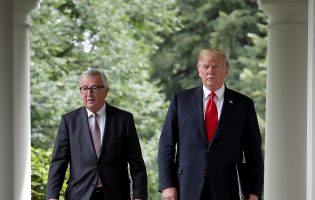
Making the Atlantic Great (Again)? Prospects for New U.S.-EU Trade Negotiations
Issue Brief 58 The idea of a free trade agreement between the United States and the European Union can seem at once inevitable and impossible. Over the last twenty-five years, …
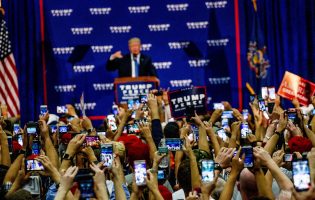
The West’s Greatest Challenge Lies in Washington, Not Moscow
It has been a month now since Donald Trump’s indulgence in Helsinki of Vladimir Putin’s “extremely strong” denial of Russian involvement in hacking the 2016 U.S. election. With this move, …
EU breathes sign of relief over transatlantic trade row
Europe’s breathing a sigh of relief after Donald Trump and the European Commission President agreed to tackle their transatlantic trade row. Featuring Peter Rashish via Euronews on July 26, 2018.
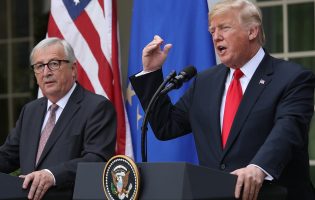
For Now, the White House Sees Trade with the EU as Win-Win
The transatlantic trade truce announced by President Trump and EU Commission President Juncker after their meeting in the White House yesterday is significant for two reasons. First, the U.S. president …
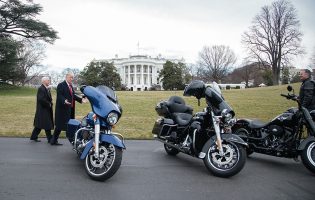
Ending the U.S. Trade Deficit with Europe: Inevitable, or Unnecessary?
“If something cannot go on forever it will stop.” – Herbert Stein, Chair of the White House Council of Economic Advisers 1972-74 When seeking to understand U.S. trade policy toward …

What Germany Can Teach Us About Manufacturing, Technology, and Trade
AGI Geoeconomics Program Director Peter Rashish spoke on a panel on “What Germany Can Teach Us About Manufacturing, Technology, and Trade” at the Aspen Ideas Festival on June 26, 2018. …
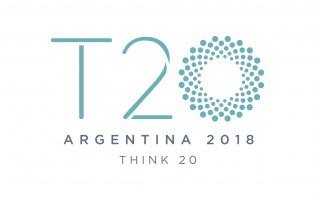
Mitigating the Adjustment Costs of International Trade
About the publication: The evidence demonstrating that nations gain from trade is overwhelming. However, trade liberalization can cause disruption to firms and workers, and its gains and losses are spread …

The White House’s Steel Tariffs Decision: Bad, But It Could Have Been Worse
We take the view that without a strong economy, you cannot have strong national security. – Wilbur Ross, U.S. Secretary of Commerce Yesterday’s decision by the Trump administration to levy …
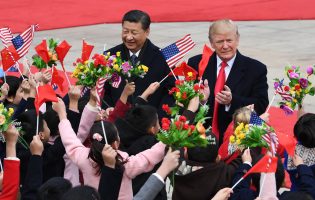
Name the Free-Market Economy – America or Europe?
A Martian is being briefed about his upcoming visit to Earth, where he is told there are two big economies, Reagania and Bureaucratia. Reagania is known for its belief in …

The Transatlantic Trade Drama Enters Act III
The drama over steel and aluminum tariffs is now entering its third act. The plot lines have become clear, and the possible denouements are emerging. But it remains to be …
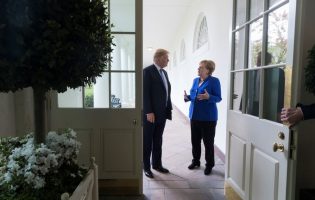
Trump: No Iran Nukes Even if Agreement Folds
Standing alongside Germany’s chancellor, U.S. President Donald Trump emphasized on Friday that Iran would not be permitted to build a nuclear arsenal, even if a deal intended to prevent that …




